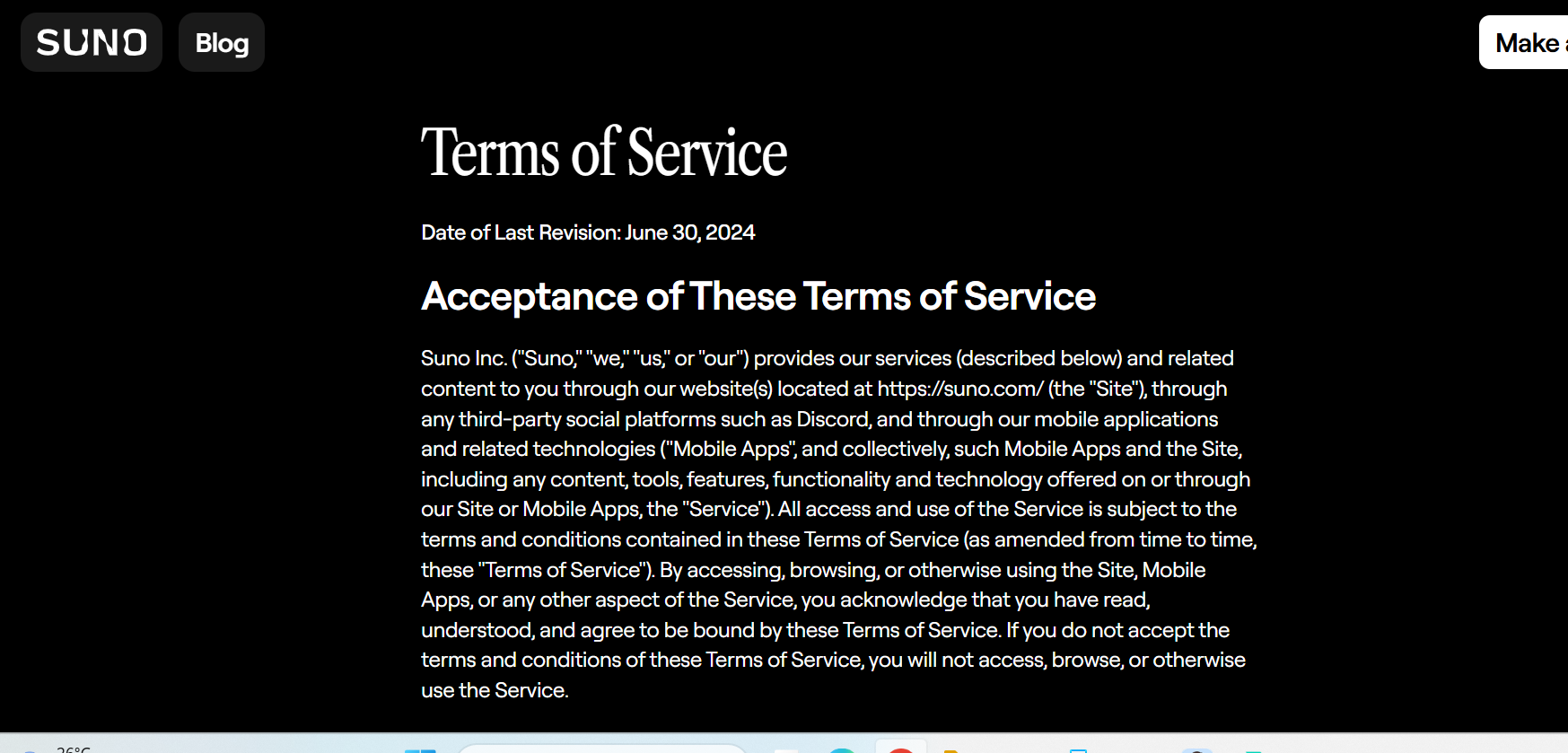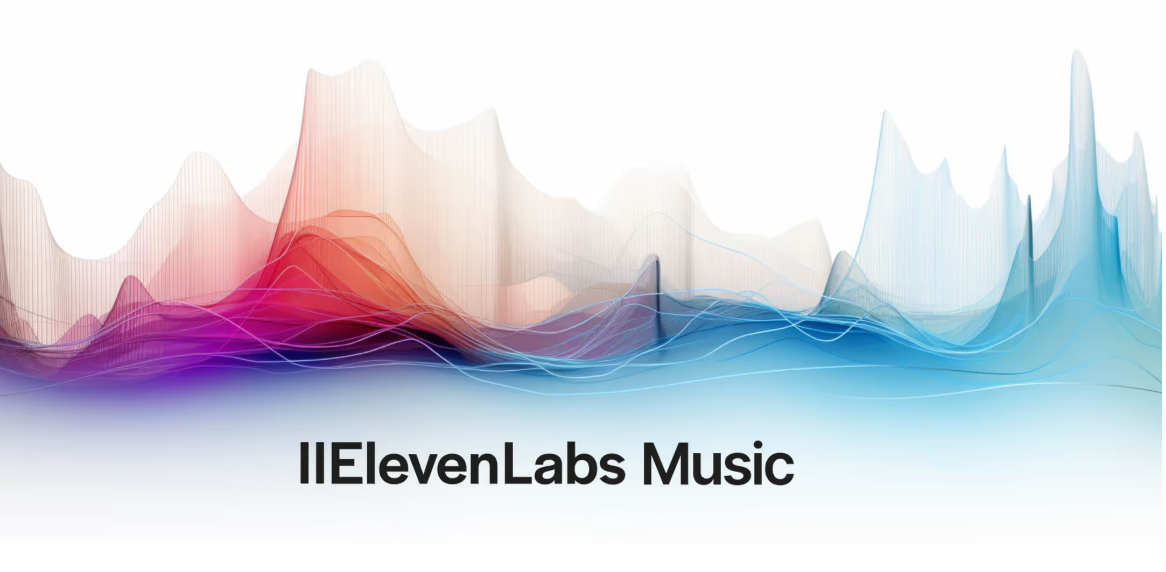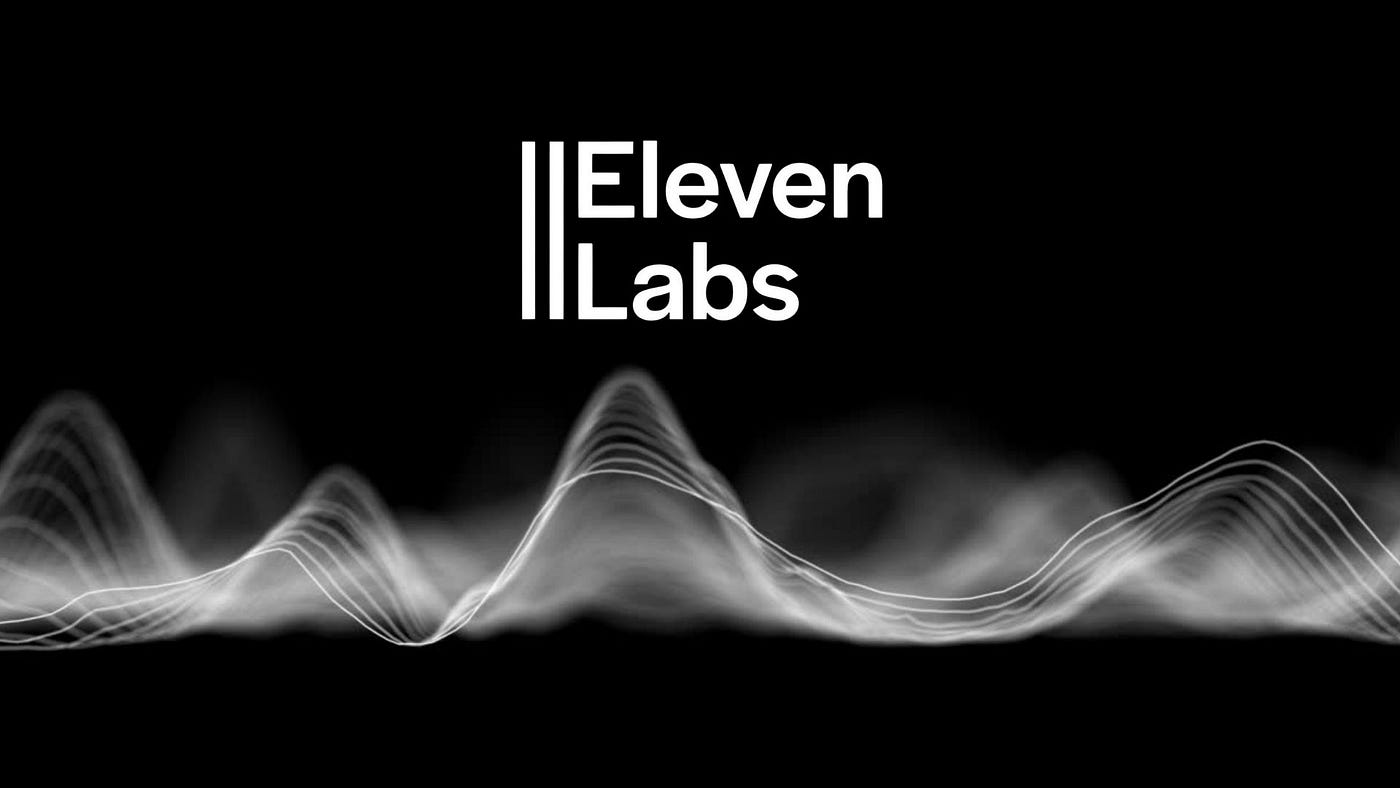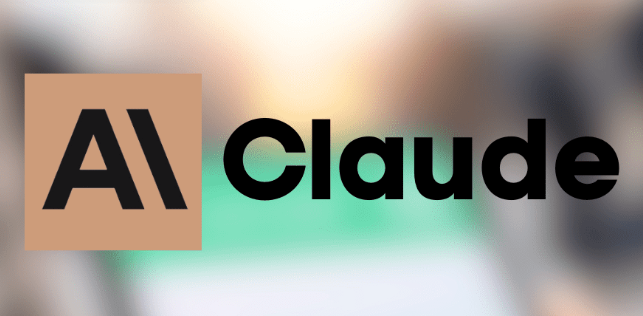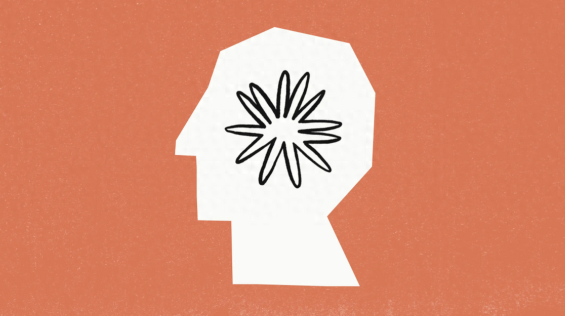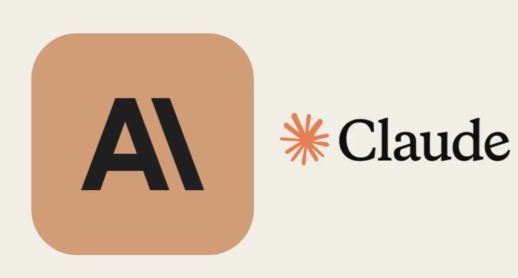Understanding the Anthropic AI Copyright Court Ruling
The recent Anthropic copyright court ruling has become a hot topic in the AI and publishing industries. In simple terms, the court decided that training AI models on books that have been legally purchased does not automatically violate copyright law. This decision sets a precedent for how AI copyright issues might be handled in the future, especially as more companies rely on large language models to power their products.
This ruling came after months of debate, with publishers arguing that using their books—even if bought legally—for AI training could undermine their business. On the other side, AI developers claimed that without access to real-world content, their models would be less accurate and less useful. The court's decision is seen by many as a win for technological innovation, but it also raises new questions about fair use, compensation, and the rights of authors.
Key Takeaways from the Court's Decision
Legally Purchased Content is Fair Game: The ruling clarifies that if a company buys a book, it can use that book to train its AI—at least under current US law. This does not mean anything goes, but it does give AI firms more breathing room.
Not a Free-for-All: The court also noted that there are limits. Using pirated or illegally obtained books is still prohibited, and there may be restrictions on how the AI-generated content is used.
Impacts on Authors and Publishers: While this is a win for AI companies, authors and publishers are concerned about how their work is being used. There is ongoing discussion about compensation and transparency.
Precedent for Future Cases: This ruling will likely influence other cases involving AI copyright, especially as more creators push back against the use of their content.
Ongoing Legal and Ethical Questions: Even with this decision, the debate is far from over. Expect more lawsuits, appeals, and maybe even new legislation as the industry adapts.
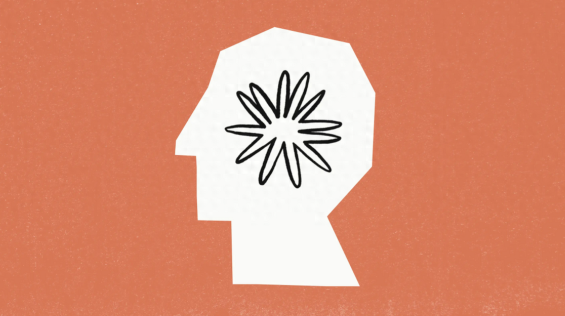
How Does This Affect the AI Industry?
The Anthropic AI copyright court ruling sends a clear message: AI companies can continue to train their models using legally acquired materials. This is huge for the development of smarter, more capable AI systems. Companies like Anthropic, OpenAI, and Google can now focus on innovation without constantly looking over their shoulders for copyright lawsuits—at least for now.
However, the ruling also means that AI firms need to be more transparent about their data sources. There is growing pressure from the public and regulators to ensure that creators are credited and, where possible, compensated. The industry is likely to see new best practices around data usage, opt-out mechanisms for authors, and perhaps even revenue-sharing models in the near future.
Step-by-Step: What to Watch for Next in AI Copyright
Follow Ongoing Legal Challenges: This ruling is not the final word. Keep an eye on appeals and new cases, as publishers and authors continue to fight for their rights.
Monitor Regulatory Changes: Governments around the world are watching closely. New laws or guidelines could change the landscape overnight, especially in the EU or other major markets.
Look for Industry Standards: Expect AI companies to start building clearer policies on how they acquire and use data. Transparency and opt-out options will become standard.
Watch for Compensation Models: The conversation about fair compensation for creators is just getting started. Revenue-sharing, licensing, and other models could emerge soon.
Stay Informed as a User or Creator: Whether you use AI tools or create original content, understanding these changes will help you protect your interests and make smarter decisions in the digital age.
Conclusion: The Future of AI Copyright Is Still Unwritten
The Anthropic AI copyright court ruling is a landmark moment for both the tech and publishing worlds. While it opens new doors for AI development, it also highlights the need for ongoing dialogue between creators, companies, and lawmakers. If you are in the AI space or care about digital rights, now is the time to stay engaged, keep learning, and be ready for the next big shift in AI copyright.

